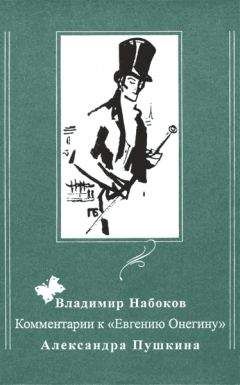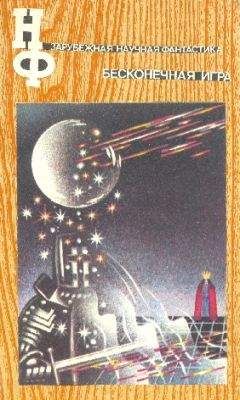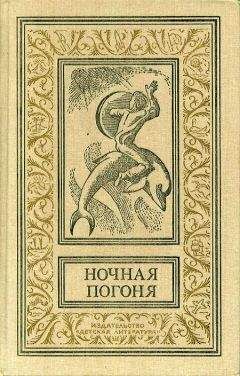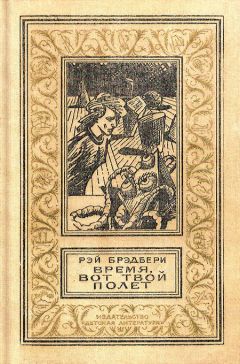XV
He listened with a smile to Lenski:
the poet's fervid conversation,
and mind still vacillant in judgments,
4 and gaze eternally inspired —
all this was novel to Onegin;
the chilling word
on his lips he tried to restrain,
8 and thought: foolish of me
to interfere with his brief rapture;
without me just as well that time will come;
meanwhile let him live and believe
12 in the perfection of the world;
let us forgive the fever of young years
both its young ardor and young ravings.
Between them everything engendered
discussions and led to reflection:
the pacts of bygone races,
4 the fruits of learning, Good and Evil,
and centuried prejudices,
and the grave's fateful mysteries,
destiny and life in their turn —
8 all was subjected to their judgment.
The poet in the heat of his contentions
recited, in a trance, meantime,
fragments of Nordic poems,
12 and lenient Eugene,
although he did not understand them much,
would dutifully listen to the youth.
But passions occupied more often
the minds of my two anchorets.
Having escaped from their tumultuous power,
4 Onegin spoke of them
with an involuntary sigh of regret.
Happy who knew their agitations
and finally detached himself from them;
8 still happier who did not know them, who
cooled love with separation, enmity
with obloquy; sometimes
with friends and wife yawned, undisturbed
12 by jealous torment,
and the safe capital of forefathers
did not entrust to a perfidious deuce!
When we have flocked under the banner
of sage tranquillity,
when the flame of the passions has gone out
4 and laughable become to us
their waywardness
or surgings and belated echoes;
reduced to sense not without trouble,
8 sometimes we like to listen
to the tumultuous language of the passions
of others, and it stirs our heart;
exactly thus an old disabled soldier
12 does willingly bend an assiduous ear
to the yarns of young mustached braves,
[while he remains] forgotten in his shack.
Now flaming youthhood, on the other hand,
cannot hide anything:
enmity, love, sadness, and joy
4 'tis ready to blab out.
Deemed invalided as to love,
with a grave air Onegin listened
as, loving the confession of the heart,
8 the poet his whole self expressed.
His trustful conscience
naïvely he laid bare.
Eugene learned without trouble
12 the youthful story of his love —
a tale abounding in emotions
long since not new to us.
Ah, he loved as one loves
no longer in our years; as only
the mad soul of a poet
4 is still condemned to love:
always, and everywhere, one reverie,
one customary wish,
one customary woe!
8 Neither the cooling distance,
nor the long years of separation,
nor hours given to the Muses,
nor foreign beauties,
12 nor noise of merriments, nor studies,
had changed in him a soul
warmed by a virgin fire.
When scarce a boy, by Olga captivated,
not having known yet torments of the heart,
he'd been a tender witness
4 of her infantine frolics.
He, in the shade of a protective park,
had shared her frolics,
and for these children wedding crowns
8 their fathers, who were friends and neighbors, destined.
In the backwoods, beneath a humble roof,
full of innocent charm,
she under the eyes of her parents
12 bloomed like a hidden lily of the valley
which is unknown in the dense grass
to butterflies or to the bee.
She gave the poet the first dream
of youthful transports,
and the thought of her animated
4 his pipe's first moan.
Farewell, golden games! He
began to like thick groves,
seclusion, stillness, and the night,
8 and the stars, and the moon —
the moon, celestial lamp,
to which we dedicated
walks midst the evening darkness,
12 and tears, of secret pangs the solace...
But now we only see in her
a substitute for bleary lanterns.
Always modest, always obedient,
always as merry as the morn,
as naïve as a poet's life,
4 as winsome as love's kiss;
her eyes, as azure as the sky,
smile, flaxen locks,
movements, voice, light waist — everything
8 in Olga... but take any novel,
and you will surely find
her portrait; it is very sweet;
I liked it once myself,
12 but it has come to bore me beyond measure.
Let me, my reader,
take up the elder sister.
Her sister
was called Tatiana.13
For the first time a novel's tender pages
4 with such a name we willfully shall grace.
What of it? It is pleasing, sonorous,
but from it, I know, is inseparable
the memory of ancientry
8 or housemaids' quarters. We must all
admit that we have very little
taste even in our names
(to say nothing of verses);
12 enlightenment does not suit us,
and what we have derived from it
is affectation — nothing more.
So she was called
Tatiana. Neither with her sister's beauty
nor with her [sister's] rosy freshness
4 would she attract one's eyes.
Sauvage, sad, silent,
as timid as the sylvan doe,
in her own family
8 she seemed a strangeling.
She knew not how to snuggle up
to her father or mother;
a child herself, among a crowd of children,
12 she never wished to play and skip,
and often all day long, alone,
she sat in silence by the window.
Pensiveness, her companion,
even from cradle days,
adorned for her with dreams
4 the course of rural leisure.
Her delicate fingers
knew needles not; over the tambour bendin
with a silk pattern she
8 did not enliven linen.
Sign of the urge to domineer:
the child with her obedient doll
prepares in play
12 for etiquette, law of the
monde, and gravely to her doll repeats the lessons
of her mamma;
but even in those years Tatiana
did not take in her hands a doll;
about town news, about the fashions,
4 did not converse with it;
and childish pranks
to her were foreign; grisly tales
in winter, in the dark of nights,
8 charmed more her heart.
Whenever nurse assembled
for Olga, on the spacious lawn,
all her small girl companions,
12 she did not play at barleybreaks,
dull were to her both ringing laughter
and noise of their giddy diversions.
She on the balcony
liked to prevene Aurora's rise,
when, in the pale sky, disappears
4 the choral dance of stars,
and earth's rim softly lightens,
and, morning's herald, the wind whiffs,
and rises by degrees the day.
8 In winter, when night's shade
possesses longer half the world,
and longer in the idle stillness,
by the bemisted moon,
12 the lazy orient sleeps,
awakened at her customary hour
she would get up by candles.





